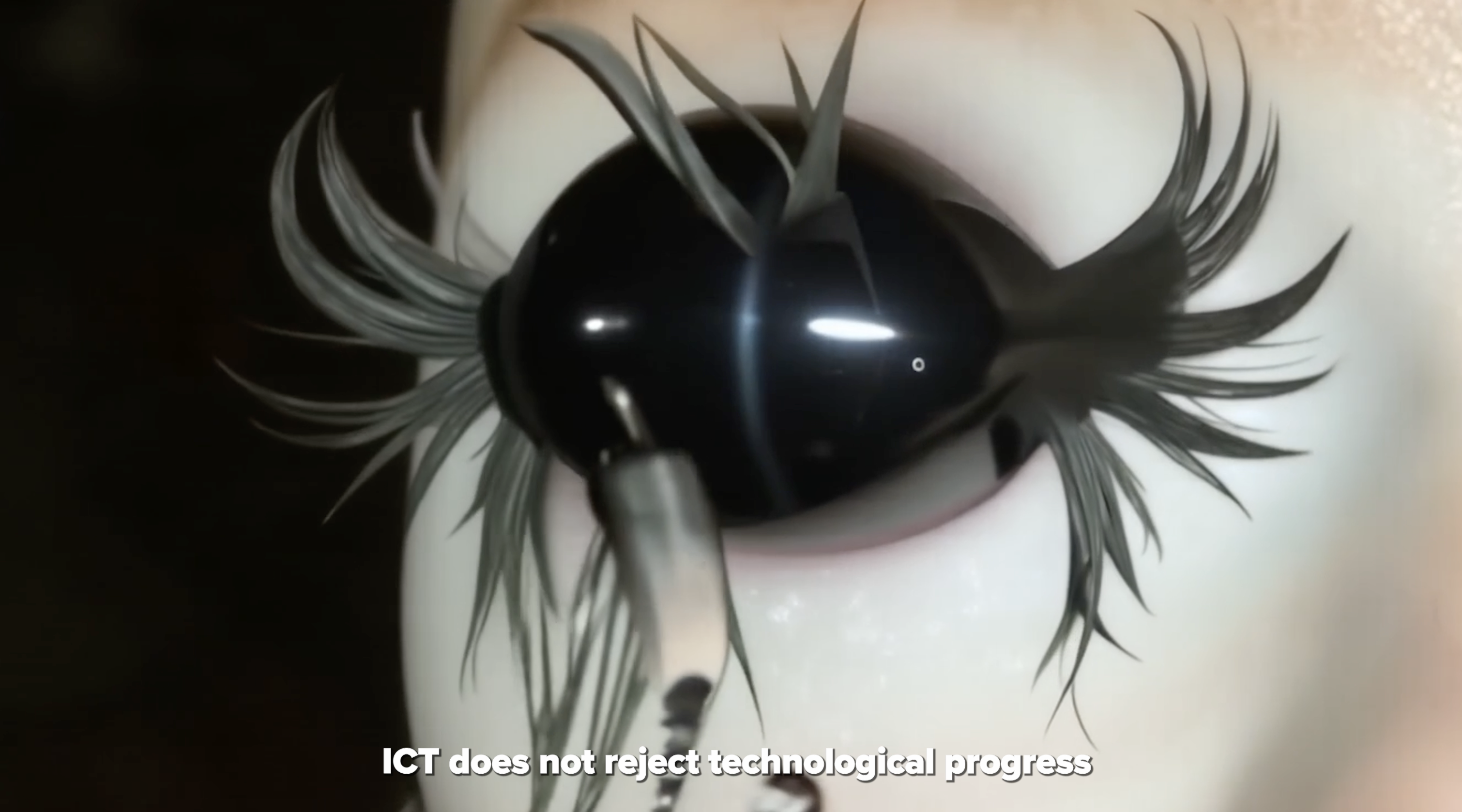Interrogative Conspiracy Theory
what
video essay
year
2024
2024
About
 Kat Zavada, Interrogative Conspiracy Theory, 2024, video, 5:49’ (Still from video)
Kat Zavada, Interrogative Conspiracy Theory, 2024, video, 5:49’ (Still from video)The video essay presents the Interrogative Conspiracy Theory (ICT), a method I developed, inspired by Krzysztof Wodiczko's Interrogative Design and the application of speculation at the intersection of art and design. This approach doesn't aim to critique conspiracy theories or technological progress; rather, it recognizes their widespread influence and utilizes them as tools to navigate complex informational landscapes.
Watch here: www.interrogativeconspiracytheory.com
ICT was conceived during work on the project "Before They Delete This"—a web-based project with Letta Shtohryn that explores potential narratives about Gerald Cotten.
ICT is depicted as both a creative and critical methodology that breaks away from traditional academic constraints by leveraging the framework of conspiracy theories to foster new insights and analyze complex phenomena. The essay emphasizes how ICT utilizes publicly available digital tools for generating texts, videos, and images, not to contest or denigrate these technologies but to comprehend and maneuver through their implications in modern society.
Incorporating aesthetics like 'brainrot' and 'AI slops,' the essay highlights the pervasive impact of digital media on contemporary culture and cognitive processes. ICT is portrayed as an effective strategy for understanding and navigating this intricate digital landscape, rather than simply critiquing it.
Collaboration and LLM consultation: Agnieszka Zgud, Cezary Stępkowski, Alexander Juda.
Funded by the European Union under the NextGenerationEU program.
Software used in the essay:
- Text: LM Llama 3.1, feeded with my texts
- Visual: Runway, Krea
- Voice: Elecen Labs
The video and dedicated website are hosted on a solar server located in Barcelona.

Still from video